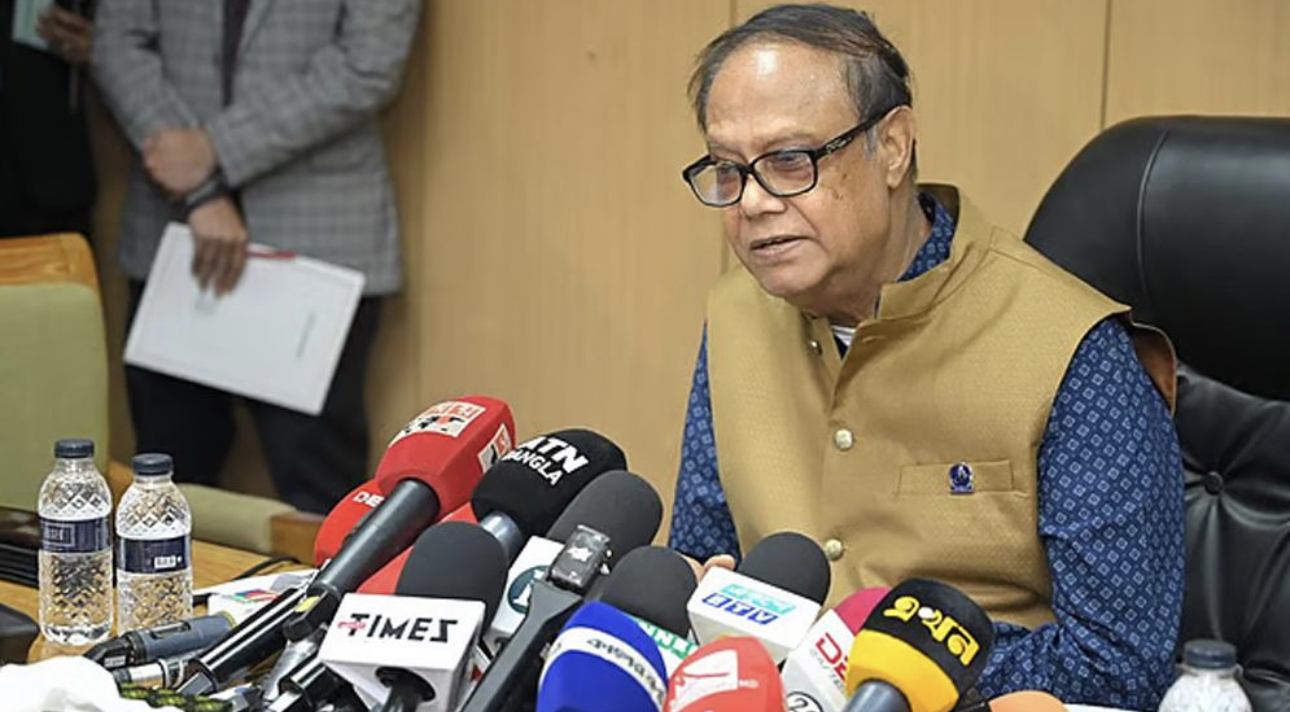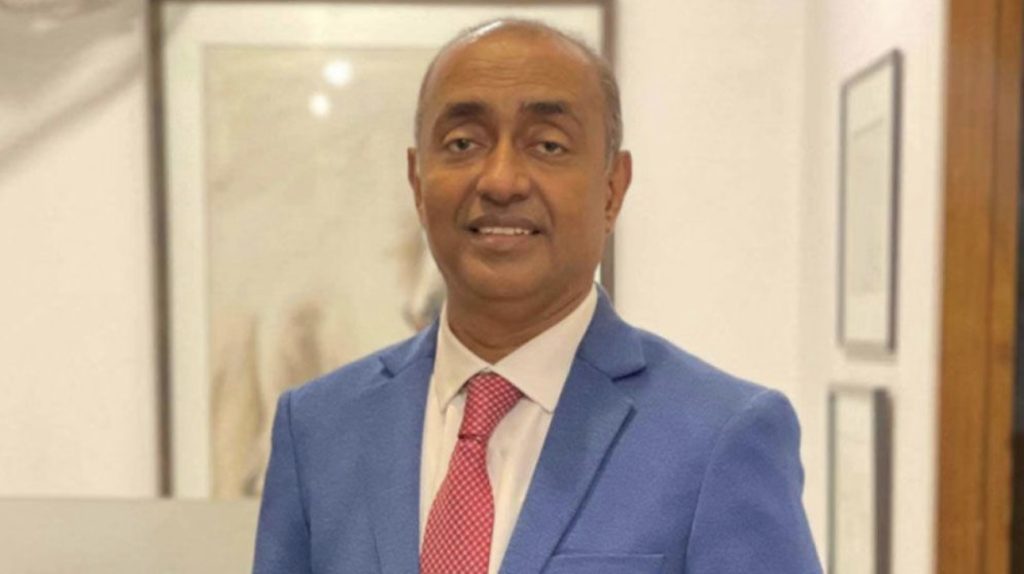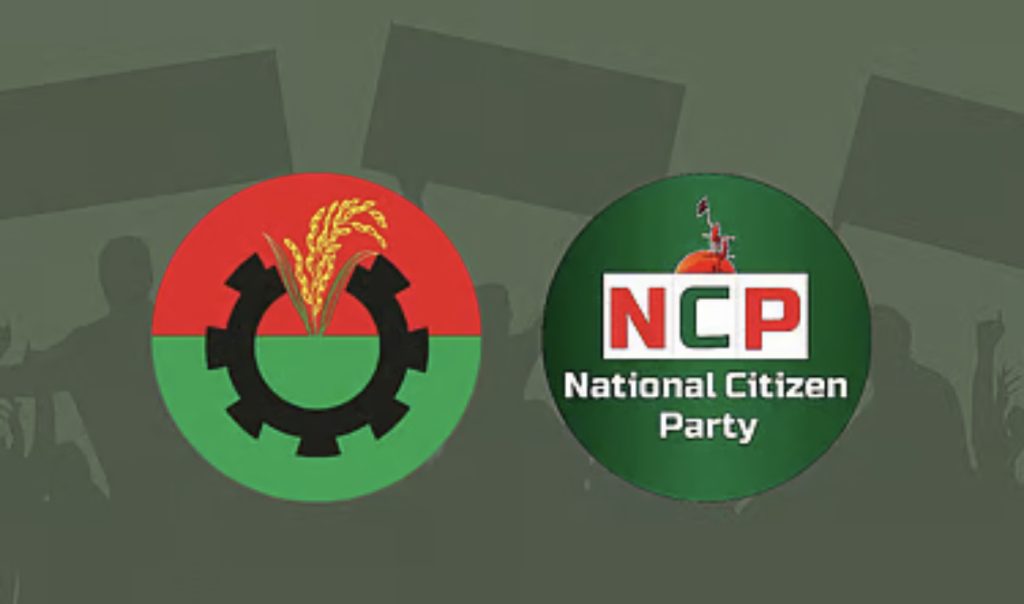Bangladesh Bank Takes Control of Five Private Islamic Banks Ahead of Merger
The Bangladesh Bank (BB) has taken control of the five private Islamic banks slated for a merger. The central bank has appointed five officials to manage each of the banks, and the existing Boards of Directors have been declared dissolved. Consequently, the five banks—First Security Islami Bank, Global Islami Bank, Union Bank, EXIM Bank, and Social Islami Bank (SIBL)—will now be managed by the administrator teams appointed by the Bangladesh Bank.
This decision was formally communicated to the management authorities of the five banks via letters from the Bangladesh Bank on Wednesday (November 5th). It is anticipated that the entire process of forming the merged bank may take more than two years to complete.
Governor’s Announcement and Assurance
In a press briefing on Wednesday afternoon, Governor Dr. Ahsan H. Mansur announced that the five banks were declared “non-functional” (অকার্যকর) and confirmed the appointment of administrators. He simultaneously assured customers that they have nothing to worry about regarding their deposits.
• New Bank Structure: The merged entity will become the largest bank in the country. The Governor guaranteed that depositors’ funds are safe.
• Operational Model: The bank will be state-owned but privately managed. This means employees will receive market-based salaries, and depositors will earn profits at market rates.
• Employment and Operations: The Governor assured that no bank staff will lose their jobs.
• Withdrawals: Depositors will be able to start withdrawing money this month.
Withdrawal Limits and Future Plans
Governor Ahsan H. Mansur clarified that although administrators have been appointed, the banks’ operations will continue as before while the integration process moves forward.
• Small Depositors: Every depositor can withdraw up to BDT 200,000. However, being a state-owned bank, he suggested that depositors would not need to withdraw money unnecessarily.
• Large Depositors: The withdrawal timeline for large depositors will be announced later through a gazette notification.
• Branch Network and Staff: The five banks collectively have 750 branches. All current staff members will be retained. The Bangladesh Bank will review where these branches can be relocated or consolidated, emphasizing the continued need for the existing workforce.
Impact on Shareholders and Bondholders
When asked about the fate of the shareholders, Dr. Ahsan H. Mansur delivered a stark assessment:
“Given the extent of the damage incurred by these banks, the value of each BDT 10 share has become negative BDT 350 to BDT 420. Therefore, according to international practice, shareholders will receive nothing. Their shares have been rendered zero. The fact that we are not demanding money from them is their good fortune. However, those who have invested in bonds will receive money or shares.”




